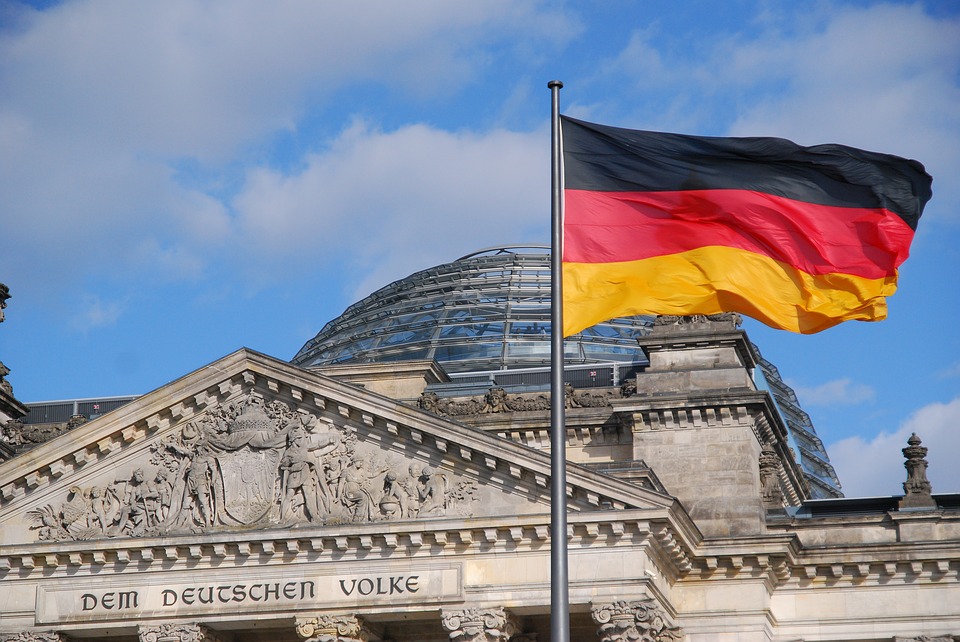Germany is once again facing a decision on whether to derusify the eastern Schwedt refinery and whether to use Poland’s help or extend the board of trustees. PKN Orlen remains in the game.
The Maerkische Oderzeitung has reported on the results of consultations on the Schwedt refinery in the task force of the German government, which met on May 5. A change in Germany’s energy security law gives it the power to hand over 54 percent of the Schwedt refinery shares held by Russia’s Rosneft Deutschland, although the latter has taken the case to court. „The hot candidate is Poland’s PKN Orlen, but Kazakhstan was also supposed to be interested,” MOZ wrote.
Currently, Rosneft shares are under the management of the German government. They remain the property of the Russians, but they are managed by Berlin through the state agency responsible for networks called the Bundesnetzagentur. Rosneft Deutschland representatives recognize that derusification would be a form of expropriation and have challeged the change of the law on energy security in court. The board of trustees will be in force till September, and by then Germany must decide whether to extend it or derusify Schwedt.
Germany uses the Friendship Oil Pipeline through Poland to get oil from Kazakhstan, but in reality the oil in the pipe is Russian. „The German side should take a long, hard look at the morality of what it is doing,” Orlen CEO Daniel Obajtek told The Financial Times.
Germany does not pay the Russians to ship oil from Kazakhstan through Friendship, but it does pay Kazakh KazTransOil, which can include these costs in the price of deliveries to the German market. Nevertheless, Orlen is interested in the German market. „We already have 600 gas stations there and we are not going to stop there, but we can also offer a diversification alternative in the German refining sector,” Obajtek said.
PKN Orlen has already taken over the shares of the Russians in the Mozheyki refinery in Lithuania in 2006. Soon after, there was an unexplained glitch stopping the supply of oil from Russia. Currently, the plant is independent of supplies from this direction, using alternatives in the portfolio of PKN Orlen.
MOZ / Financial Times / Wojciech Jakóbik









